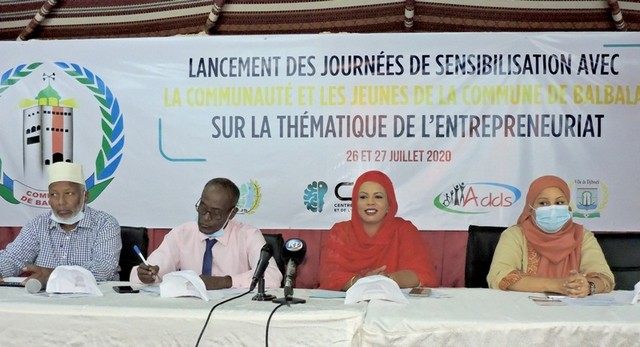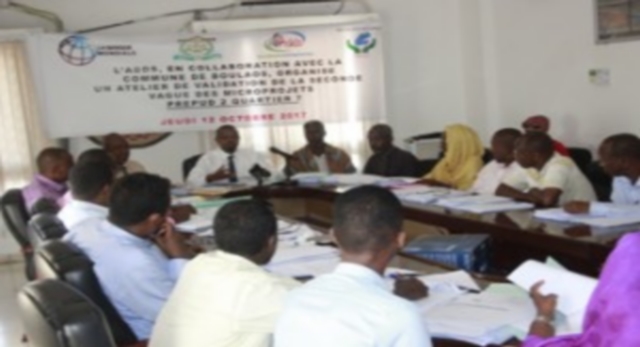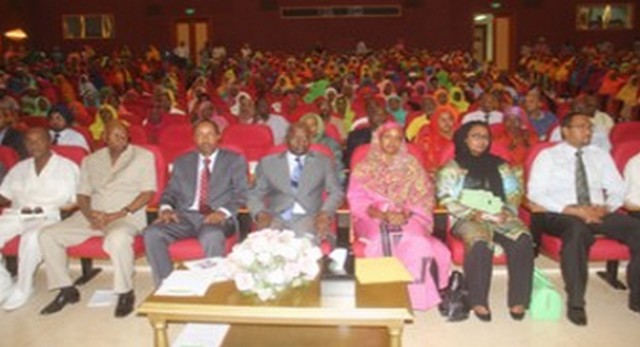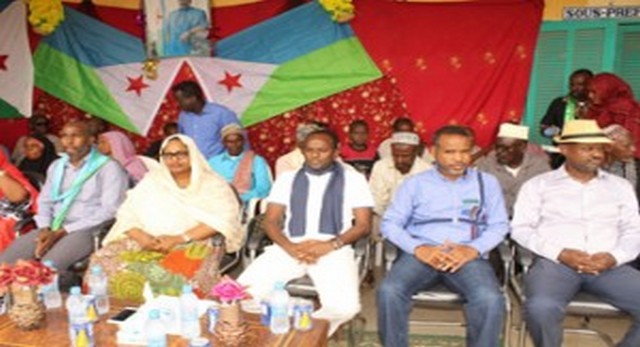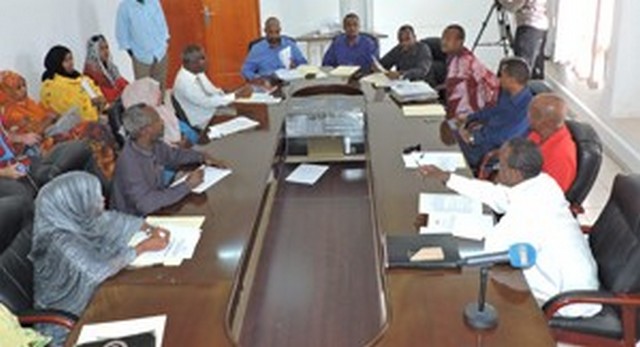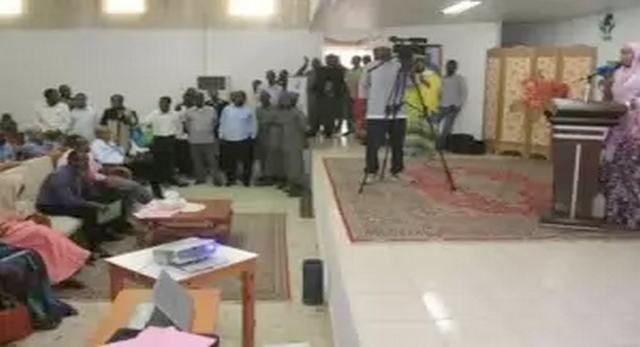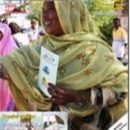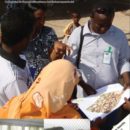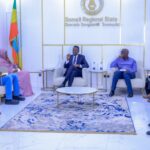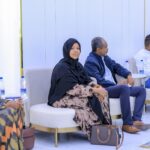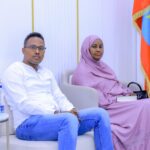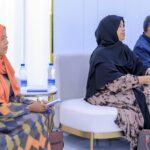There was talk last Thursday of rural electrification in the palace of the people. The problem is transverse. It has fueled debate among participants of the workshop organized by the ADDS under the State Secretariat for National Solidarity.
Secretary of State for National Solidarity, Zahra Youssouf Kayad chaired last Thursday palace people a dissemination workshop of the study in terms of implementation of rural electrification through solar energy.
The meeting was attended on-site expertise from various professional backgrounds. Include, among others, the Director General of the Djibouti Social Development Agency (ADDS), Mahdi Mohamed Djama, the Secretary General of the Ministry of Health in charge of Natural Resources, Hussein Abubaker Doualeh, the resident representative of the Bank World Djibouti, Homa-Zahra Fotouhi, and international consultant, Alain Bourguignon.
It presented the results of the feasibility study of the rural electrification project using renewable energy, including solar. The study in question enjoyed the technical support of the World Bank and financial trust fund PPIAF.
After the presentation by the international consultant, Secretary of State for National Solidarity made a brief speech in which she immediately said that rural electrification remains not only a national issue but also a major priority roadmap government that favors access the largest number of households Djibouti electricity. They live in rural or urban areas.
The ambition within the scope of integrated development approach. It is for the government to connect the regional economic poles become and rural hinterland through better access to green energy affordable and inexpensive in terms of maintenance.
In this perspective, the contribution of each industry player becomes a necessity as so aptly noted Zahra Youssouf Kayad.
She defended the relevance of a clear institutional positioning of each sectoral department concerned with rural electrification.
Prior whose satisfaction guarantees, she has said, the success of such a program. Secretary of State for National Solidarity has placed the workshop participants with their responsibilities.
Paid for them to analyze the needs and solutions for solar villages, discuss organizational models and technical specifications of each of the target areas and present a modeling tool.
Of their trade, the government expects a series of recommendations in the implementation of the rural electrification project. People in remote areas also see their lives change with the emergence of the electricity fairy in their roofs.
Indeed, access to electricity is a key element in the promotion of income-generating activities. Which are real alternatives for agropastoral communities to small precarious jobs in urban centers.
Hence the importance of renewable energies such as solar particularly abundant in Djibouti.
Knowingly, the government is required to make every effort and mobilize investments from development partners to enable vulnerable segments of the national population to enjoy the country’s natural wealth.

